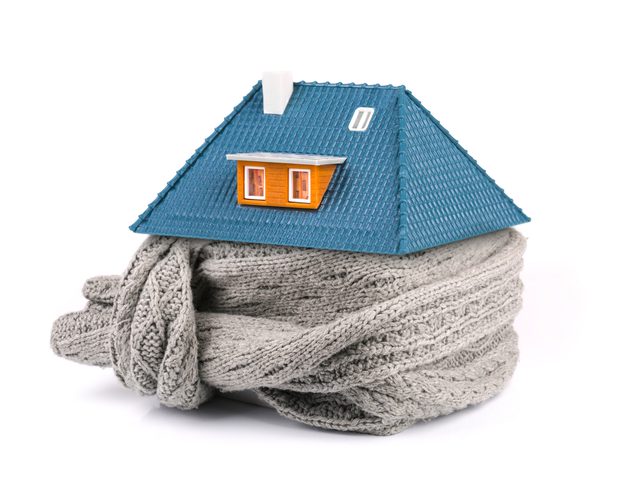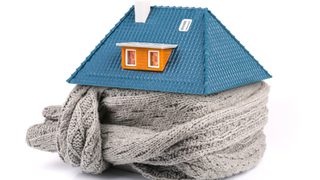When shopping for a new garage door, there’s a major factor that often gets overlooked. The garage door’s style, colour, and material are always on top of the list to consider, but many homeowners are unaware of the R-value.
If you’re not familiar with it, R-value is an important factor to consider, especially if you’re planning to spend a lot of time in your garage, or if there’s a living space adjacent to it.
Here’s everything you need to know about R-value.
But first, what is R-value?

When looking at garage door specs, you’ll see the insulation value shown as ‘R’ followed by a number (e.g., R-8). This number indicates the level of insulation of the garage door. It tells you how efficient your door will be in regulating the temperature within the garage.
A garage door is insulated to prevent heat loss in the garage when it’s cold outside and also to keep the garage cool during warmer days.
There are two types of insulation commonly used in garage doors: polystyrene and polyurethane.
Polystyrene, or Styrofoam, is shaped to conform to the garage door panels, and although it’s easier to work with, it doesn’t guarantee full coverage.
Polyurethane, or spray foam, on the other hand, provides better coverage because it’s sprayed directly into the door and expands to insulate every nook and cranny. The chemicals in the foam create a bond between the front and back of the door, providing better insulation coverage and structural integrity.
Why is R-value important?
If you use your garage for more than just storing vehicles, or if you’re planning to convert it into a living space, finding the right R-value will help you choose the best garage door.
If your garage walls are even adjacent to a living space, R-value is a key factor to consider as well. Air transfer will still occur through the shared wall or ceiling.
Is a higher R-value rating better?
The higher the R-value, the better the insulation is going to be. For example, an R-8 value is lower compared to an R-16 value. However, it doesn’t mean a garage door with an R-16 insulation value is eight times better, or even twice as good as a garage door with an R-8 rating. There is only a five-percent difference between the two values in terms of thermal efficiency.
What’s the right R-value for my garage door?
A garage door with a minimum insulation value of R-11 is recommended for garages in Canada. If you use your garage as a home gym, office space, R-14 to R-16+ is ideal. For an attached garage, or one with a living space adjacent to it, look for an R-value of 10 or higher. If your garage is in a stable climate as opposed to one with hot summers and cold winters, you can opt for a lower R-value
Other factors that can impact the performance of your garage door are weather (especially harsh Canadian winters) and the seal around the door itself. Weatherstripping can help provide an airtight seal and can further improve a garage door’s thermal efficiency.
Still not sure what the right R-value is for you? Contact your nearest Creative Door branch, and we’ll help you choose the best insulated garage door for your home.
Request Quote
Starting a new project? Get a free quote on a custom door solution within 24 hours.
Service request
From installation to maintenance and repairs to parts, our team can tackle it all. To request a service, please fill out the details below, and we’ll get back to you within one to two business days.

